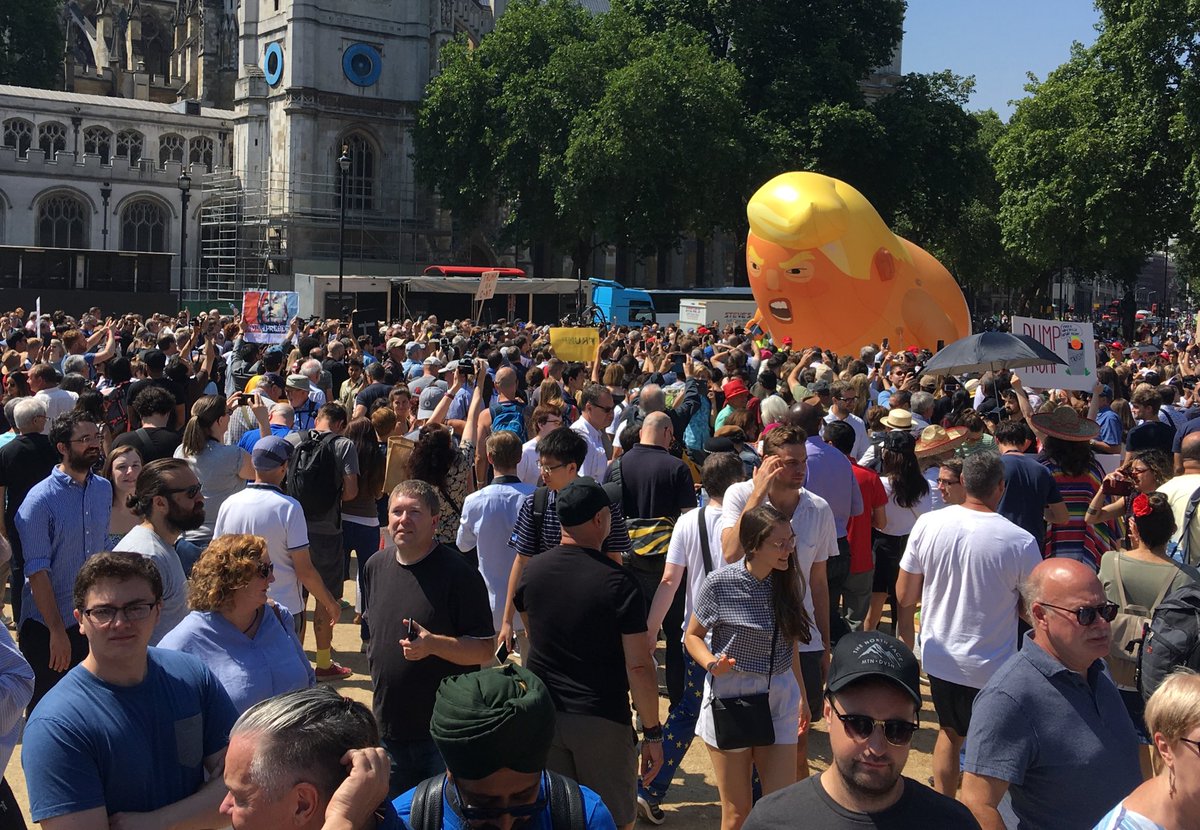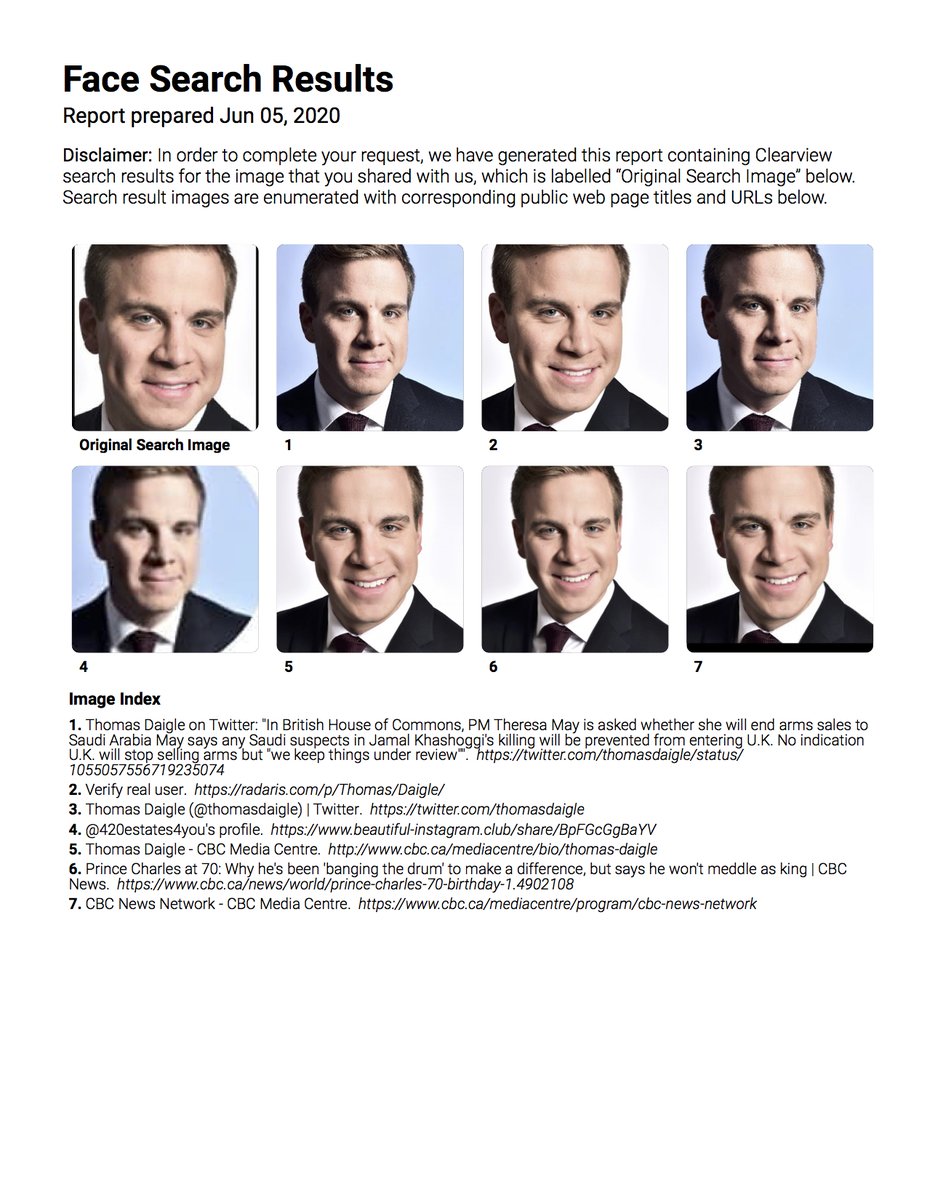There it is. Protesters are flying their Trump baby balloon above London’s Parliament Square #TrumpUKVisit 



And with that, @TrumpBabyUK deflates. Only allowed to fly over London for two hours. 

• • •
Missing some Tweet in this thread? You can try to
force a refresh









